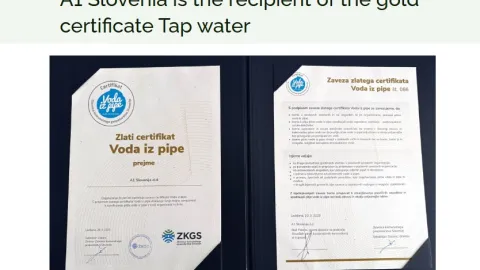News Ecology / Energy / Chemistry
Please note that you have to be a registered member with paid membership in order to see full articles.
Become a MemberSelected News
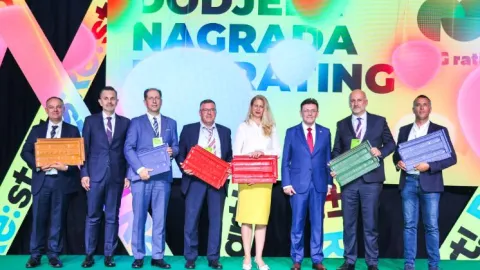
Croatia’s ESG Rating Awards 2025 Recognize Sustainability Leaders in Six Categories
The Croatian Chamber of Economy (HGK) has presented its 2025 ESG Awards,
NESC 2028 Revision Cycle Moves Into Public Comment Phase
The National Electrical Safety Code (NESC), the United States’ framework for electrical safety published every five years by the IEEE Standards Association, is now in a key stage of its 2028 update.
European Standard EN 18061 Sets Rules for Second Life of EV Batteries
A new European Standard, EN 18061:2025, establishes clear rules for the safe repair, reuse, and preparation for repurposing of electric vehicle (EV) batteries and modules.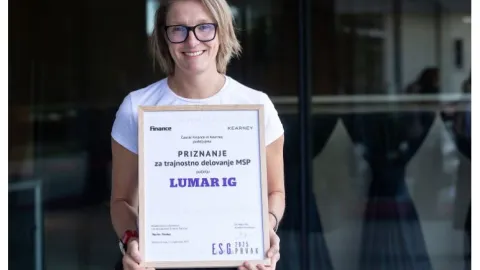
Lumar Awarded for Sustainable Operations Among SMEs in Slovenia
Lumar, a Slovenian manufacturer of prefabricated houses, received a special recognition for sustainable operations in the ESG Champion Slovenia 2025 selection.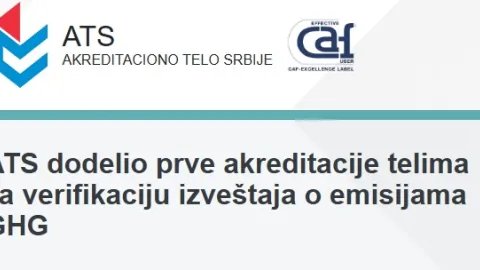
ATS Grants First Accreditations for Greenhouse Gas Verification in Serbia
The Accreditation Body of Serbia (ATS) has granted the first accreditations for verification of greenhouse gas (GHG) emission reports.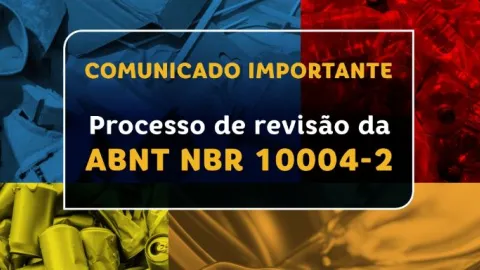
Brazil Invites Feedback on Revision of ABNT NBR 10004-2 Waste Classification Standard
The Brazilian Association of Technical Standards (ABNT) has opened the process for revising ABNT NBR 10004-2:2024,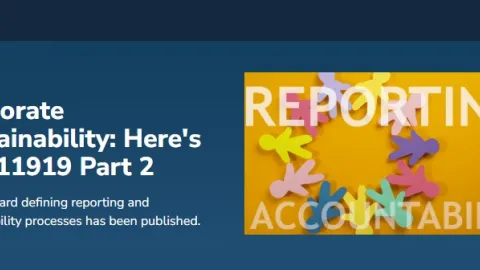
UNI Releases UNI 11919 Part 2 Dedicated to Sustainability Reporting
The Italian national standards body UNI has released UNI 11919-2:2025, a new standard that defines processes for sustainability reporting and accountability.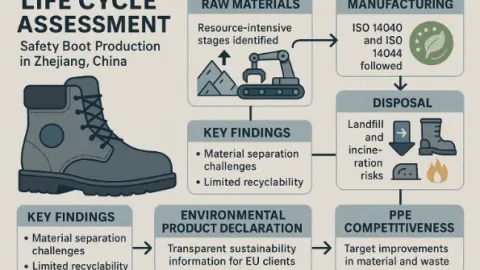
Life Cycle Assessment (LCA) of a Safety Footwear Manufacturer in Zhejiang, China
A life cycle assessment (LCA) was carried out for a safety footwear producer in Zhejiang, China,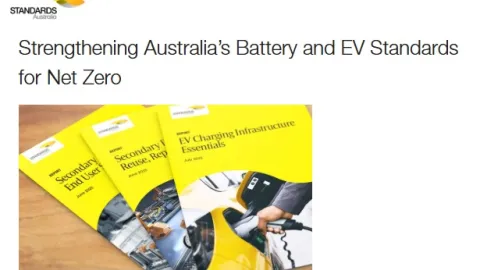
Australia Releases Three Roadmaps on Batteries and EV Standards for Net Zero
Standards Australia, commissioned by the Department of Finance, has released three new standards roadmaps to support the country’s shift to net zero.
SCC Launches Young Leaders Program for Climate Resilience
Canada is launching a new program to empower young people to take the lead on climate adaptation.
Canada to Host ISO/TC 207 Environmental Management Plenary 2025 in Toronto
The Standards Council of Canada (SCC) will host the ISO/TC 207 Environmental Management Plenary 2025 in Toronto from October 25 to November 2.